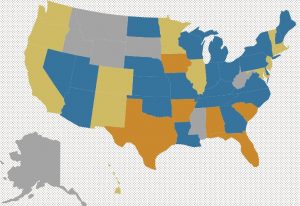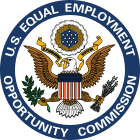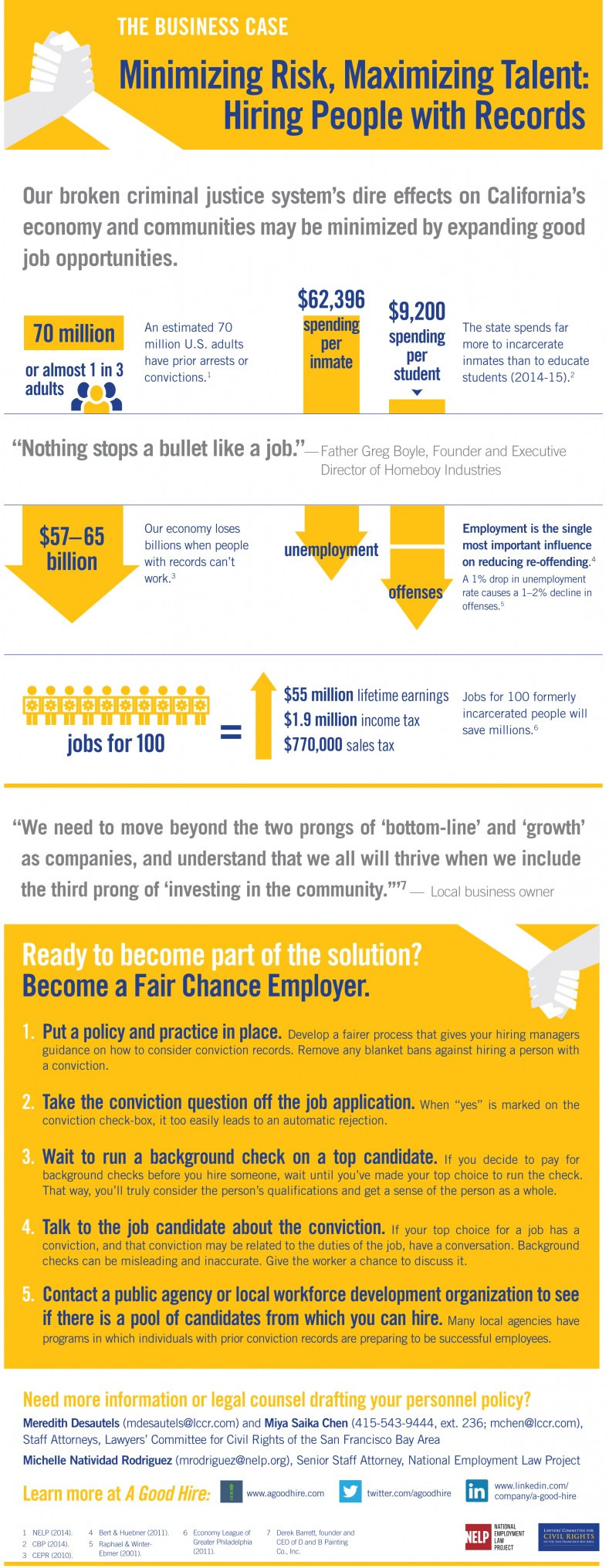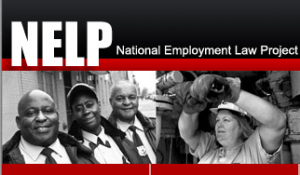|
We must act as if our institutions are ours to create, our learning is ours to define, our leadership we seek is ours to become.
- Peter Block
|
Ban The Box
Available Online Only
 Imagine having your past mistakes come up every time you fill out a job application. You stare at the question, “Have you ever been convicted of a felony?” You don’t want to lie about your past but you also feel that truthfully checking the box has prompted multiple employers to reject you in your search for employment.
Imagine having your past mistakes come up every time you fill out a job application. You stare at the question, “Have you ever been convicted of a felony?” You don’t want to lie about your past but you also feel that truthfully checking the box has prompted multiple employers to reject you in your search for employment.
You have one open position at your company and you receive 100 applications. On 15 of those applications that box is checked “yes”, indicating that the potential employee has been convicted of a felony. Does this become a quick and easy way to “weed” out applications? Can you look beyond the checked box?
By removing the question “Have you been convicted of a felony,” from your initial job application you are demonstrating best practices in your hiring process. You are giving your potential employee the opportunity to have an in-person conversation with you about their past and to share with you the work they have done to change the direction of their life.
Benefits of Banning the Box
- Employers have access to the best candidates for the position
- Demonstrates your organizations commitment to social change
- Puts your organization ahead of coming legislation
- Encourages best practices from HR and hiring managers
Everything in this section available Online Only
Minnesota has Ban the Box legislation in place for both the private and public sector!
Click on either image to find out how Minnesota supports private employers.
- Ban the Box for public employers became law in 2009 and was expanded to private employers in 2013.
- If a company’s headquarters are based in another state and have operations in Minnesota, Ban the Box applies to application processes for jobs in Minnesota.
- There are certain occupations for which a criminal background check is required under Minnesota law such as teachers, school bus drivers, and apartment managers.
- Employers may still conduct background checks or ask an applicant about their criminal record but must wait until the applicant has been selected for an interview or until a conditional job offer has been extended.
- Employers who violate the law may be subject to a fine.
- MN Ban the Box Technical Guidance 364.021
The National Employment Law Project has resources for your organization.
Visit NELP’s on-line Ban the Box Tool Kit
WalMart, Target and several privately owned businesses have joined the Ban to Box movement!
 By hiring 100 formerly incarcerated people we could increase income tax contributions by $1.9 million, boost sales tax revenue by $770,000 and save $2 million annually by reducing criminal justice costs associated with recidivism!
By hiring 100 formerly incarcerated people we could increase income tax contributions by $1.9 million, boost sales tax revenue by $770,000 and save $2 million annually by reducing criminal justice costs associated with recidivism!
Check out how Target is “leveling the employment playing field.”
Who bans the box? Click on this map to see the National Employment Law Project’s Interactive Map
 15 states, the District of Columbia, and 21 cities and counties extend their fair-chance hiring policies to private employment.
15 states, the District of Columbia, and 21 cities and counties extend their fair-chance hiring policies to private employment.
.
Equal Employment Opportunity Commission Guidelines: Rights and Responsibilities of Employers
Everything in this section available Online Only
 The federal Equal Employment Opportunity Commission (EEOC) has created Enforcement Guidance on Consideration of Arrest and Conviction Records in Employment Decisions Under Title VII of the Civil Rights Act of 1964.
The federal Equal Employment Opportunity Commission (EEOC) has created Enforcement Guidance on Consideration of Arrest and Conviction Records in Employment Decisions Under Title VII of the Civil Rights Act of 1964.
Read the full report here: http://www.eeoc.gov/laws/guidance/arrest_conviction.cfm
Highlights from the report:
- Federal EEOC laws prohibit employers from discriminating when they use criminal history information, except where the nature of the conviction may relate to the nature of the position, and including consideration of the time that has elapsed since conviction.
- The Guidance discusses the differences between arrest and conviction records; the fact of an arrest does not establish that criminal conduct has occurred.
- When asking questions about criminal records, limit inquiries to records for which exclusion would be job related for the position in question and consistent with business necessity.
- Identify essential job requirements and the actual circumstances under which the jobs are performed, then determine if there are specific offenses that may demonstrate unfitness for performing such jobs.
For more information:
Arrest and Conviction Records FAQ: http://www.eeoc.gov/eeoc/newsroom/_conviction_records.cfm
Background checks: http://www.eeoc.gov/laws/practices/background_checks.cfm
EEOC Enforcement Guidance http://www.eeoc.gov/laws/guidance/arrest_conviction.cfm






